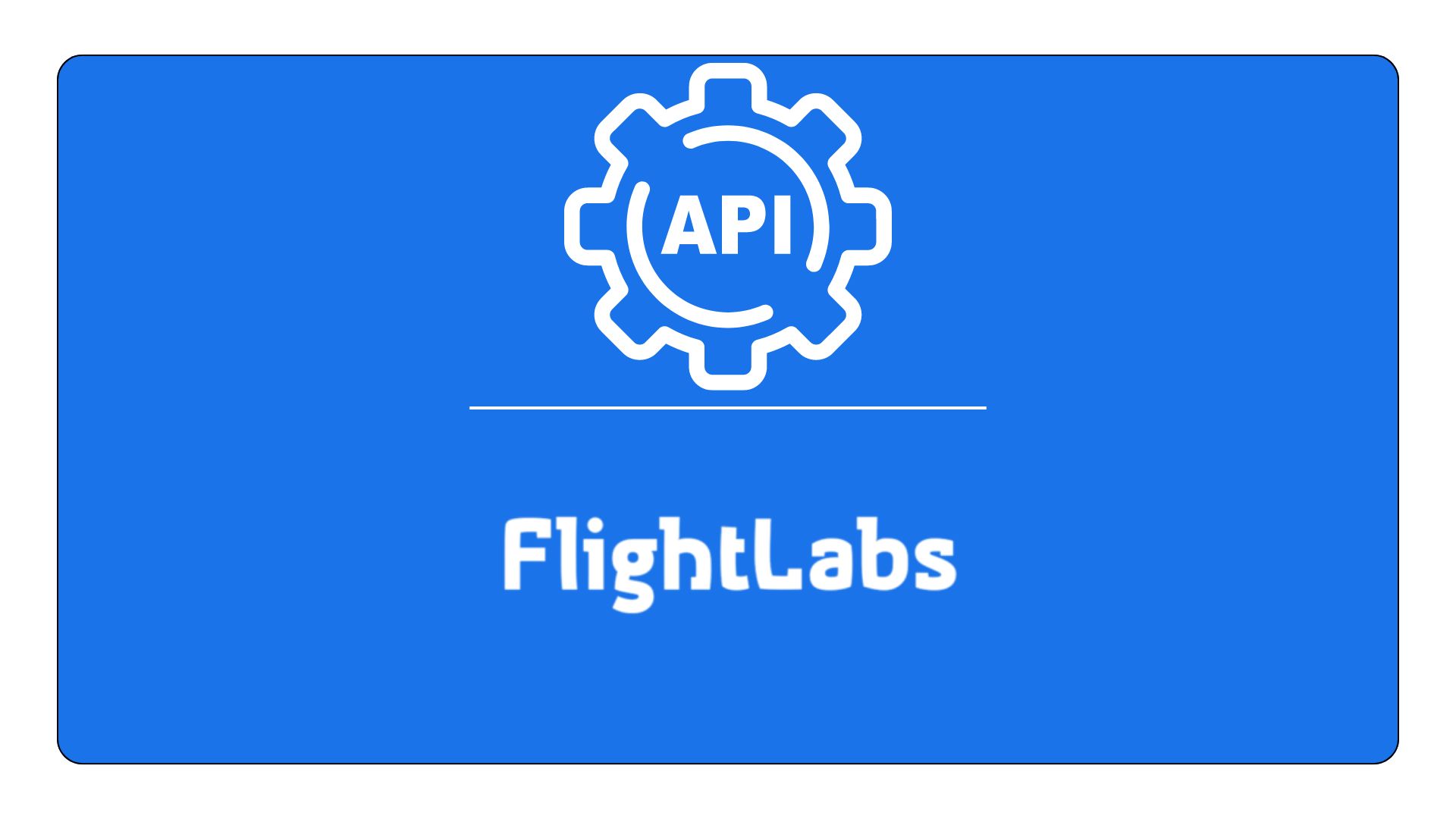Real Time Flights API For Live Flight Data

In today's fast-paced, information-driven society, real-time data is vital. Customers want accurate and timely information at their fingertips for everything from vacation planning to delivery tracking. Apps with real-time flight information are more important than ever because millions of flights take place worldwide every year and a large number of people rely on these updates. I'd like to introduce you to the FlightLabs Real Time Flights API, a platform that provides real-time information on aircraft status, gate changes, delays, and other features, and is revolutionizing travel and logistics systems.
How to Integrate FlightLabs’ Real Time Flights API into Your App
The technique of integrating FlightLabs' Real Time Flights API into an app is intended to be simple and incredibly effective for developers. Developers can follow FlightLabs' comprehensive documentation, code samples, and intuitive interface as they work through the integration process step-by-step. Creating an account on the website is the first step, after which developers can access all required API specifications and resources.
Developers can generate API keys to access real-time flight data at the start of the integration process, which starts with API authentication. Its compatibility for numerous programming languages, including Python, Java, PHP, and Ruby, makes it an adaptable choice for developers who operate on various platforms. This adaptability guarantees that the API may be easily integrated into your project, regardless of whether you're creating a web app, mobile app, or internal airline system.
The customizability of FlightLabs is one of its best qualities. Developers can configure the API to only obtain the precise data they require, such as information about airports, gate changes, and flight status updates. This enables companies to concentrate on providing the most pertinent information for each use case and avoid overburdening users with data. For instance, a travel booking app would place more emphasis on real-time flight status and terminal information, while a logistics software might prioritize flight schedules and delays.
Additionally, it provides all-encompassing assistance during the integration process. Their platform makes it simple for developers to troubleshoot any issues that may arise by offering detailed documentation. It also provides multiple pricing tiers so that companies of all sizes can pick a plan that works for them. It also provides free trials so that smaller developers or startups can try the API and see all of its features before committing to a particular pricing plan.
Conclusion
The integration of a Real Time Flights API can significantly boost the functionality and user experience of any app in the travel, logistics, or aviation industry. In a world where real-time information is crucial, users expect fast, accurate, and reliable data to make informed decisions. Whether it’s for checking flight status, managing travel disruptions, or tracking cargo, the ability to provide live updates is a key differentiator for modern apps.
The API stands out in the market for its global coverage, real-time tracking, and ease of integration. It offers businesses not just a powerful tool for improving operational efficiency, but also a means to enhance customer satisfaction by delivering timely, accurate information. From travel booking apps to logistics systems, the API’s versatility ensures it meets the needs of businesses of all sizes and industries.
With the increasing demand for real-time information in today’s app-driven world, the integration of FlightLabs API represents a significant opportunity for businesses to boost their app’s capabilities. By providing real-time flight information, companies can enhance user engagement, streamline operations, and reduce costs, all while improving the overall customer experience.

